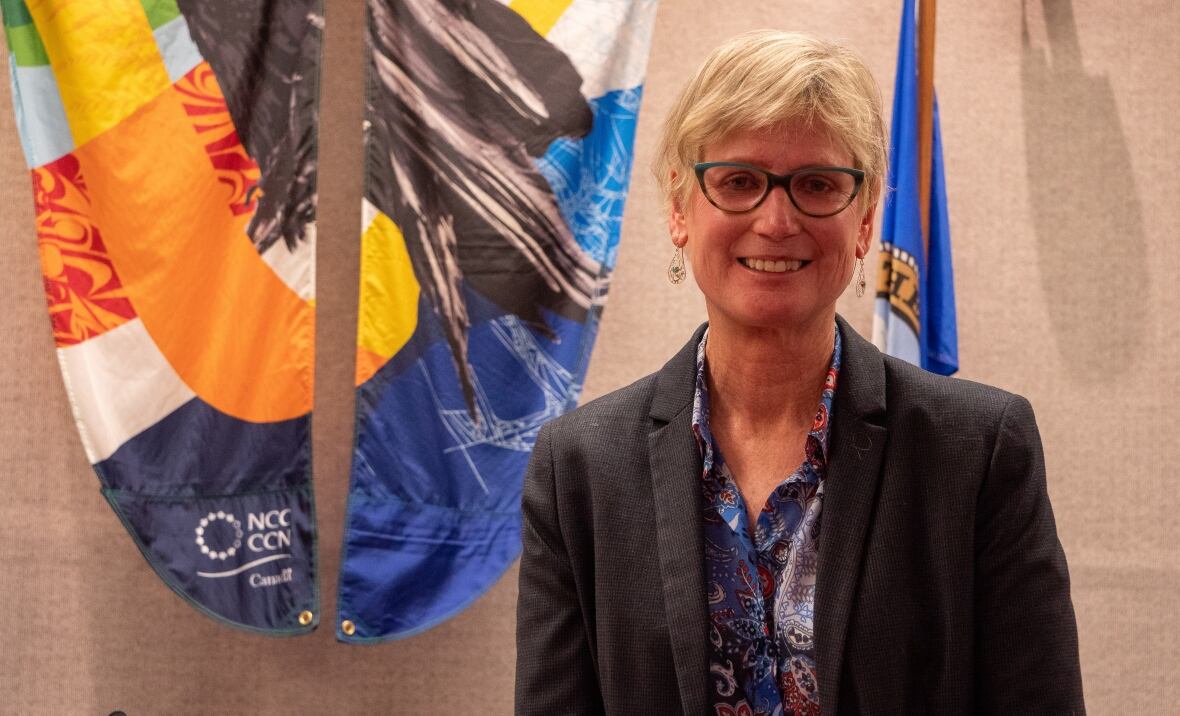Yukon pulls plug on Canada Winter Games bid, blames lack of federal support
Hosting 2027 games in Whitehorse was to cost an estimated $185 million, mostly for infrastructure
The Yukon government has pulled the plug on its bid to host the 2027 Canada Winter Games, saying that the federal government won't cough up enough funds to make it possible.
Community Services Minster Richard Mostyn made the announcement in a written statement issued Monday morning.
"We are extremely disappointed that we cannot proceed with this bid," Mostyn's statement reads.
"Our government has a responsibility to manage taxpayers' money responsibly. At this time, it is clear that the territory's resources must be focused on housing, healthcare, education and tackling climate change for the benefit of all Yukoners."
Mostyn's statement puts the blame on the federal government for not offering to cover more of the estimated $185-million cost. He says Ottawa has only offered $16.75 million, including $3-million in capital costs.
Most of that $185-million cost was to go toward new infrastructure.
The Games' bid committee said in September that there were two big-ticket projects necessary for Whitehorse to host the event — a new $115-million, 3,000-seat arena, as well as a $60-million athletes' village to be built at Yukon University. The village was to be able to house 2,000 athletes, and it was pitched as possible affordable housing for the city later on.
Bid committee chairperson Piers McDonald called it "a once-in-a-lifetime opportunity to do something on a national scale."
Mostyn's statement on Monday scoffed at the federal government's offer of $16.75 million toward the 2027 games, calling it "the standard amount provided to any small jurisdiction hosting the games."
"This is less than three per cent of the requested contribution from Canada and less than the $11 million in capital funding the City of Whitehorse has already signaled it would contribute to the games."
The City of Whitehorse was part of the joint bid, and Mayor Laura Cabott said Monday that the city could launch a new bid on its own but it was "fairly unlikely."

"It's very disappointing, the amount that the federal government was prepared to contribute to these games and it is significantly, significantly less than what we had expected and certainly what we need," Cabott said.
"These types of undertakings are extremely expensive and for a small jurisdiction like the City of Whitehorse and Yukon, you know, as far as revenue and budgets and stuff, we really needed the federal government to provide that support — and they haven't."
Pitched as legacy project
The bid to host the 2027 games in Whitehorse was launched a little over a year ago. It was an attempt to bring the major event back to the city 20 years after the last time, in 2007.
The bid launch included representatives from the Yukon government, the City of Whitehorse, the Kwanlin Dün First Nation and the Council of Yukon First Nations, all voicing support.
From the get-go, it was presented as a potential legacy project. The city would play host to thousands of high-level athletes for a couple of weeks and then be left with a new sports venue, and some housing.
"We made it clear from the outset that substantial contributions would need to be made by all levels of government, including our federal and municipal partners, for this bid to succeed," reads Mostyn's statement.
"Without any meaningful contribution from the federal government to support these games, we were left with no other option."
Cabott said Whitehorse could have used the new sporting infrastructure — and also the housing.
"What it does is tell us that we're not going to get $60, $65 million of housing here in the city of Whitehorse through the Canada Games," Cabott said.
"The bottom line is the city of Whitehorse is experiencing a housing crunch or housing crisis. And with or without the games, we need to fill that gap."
With files from Brenda Barnes